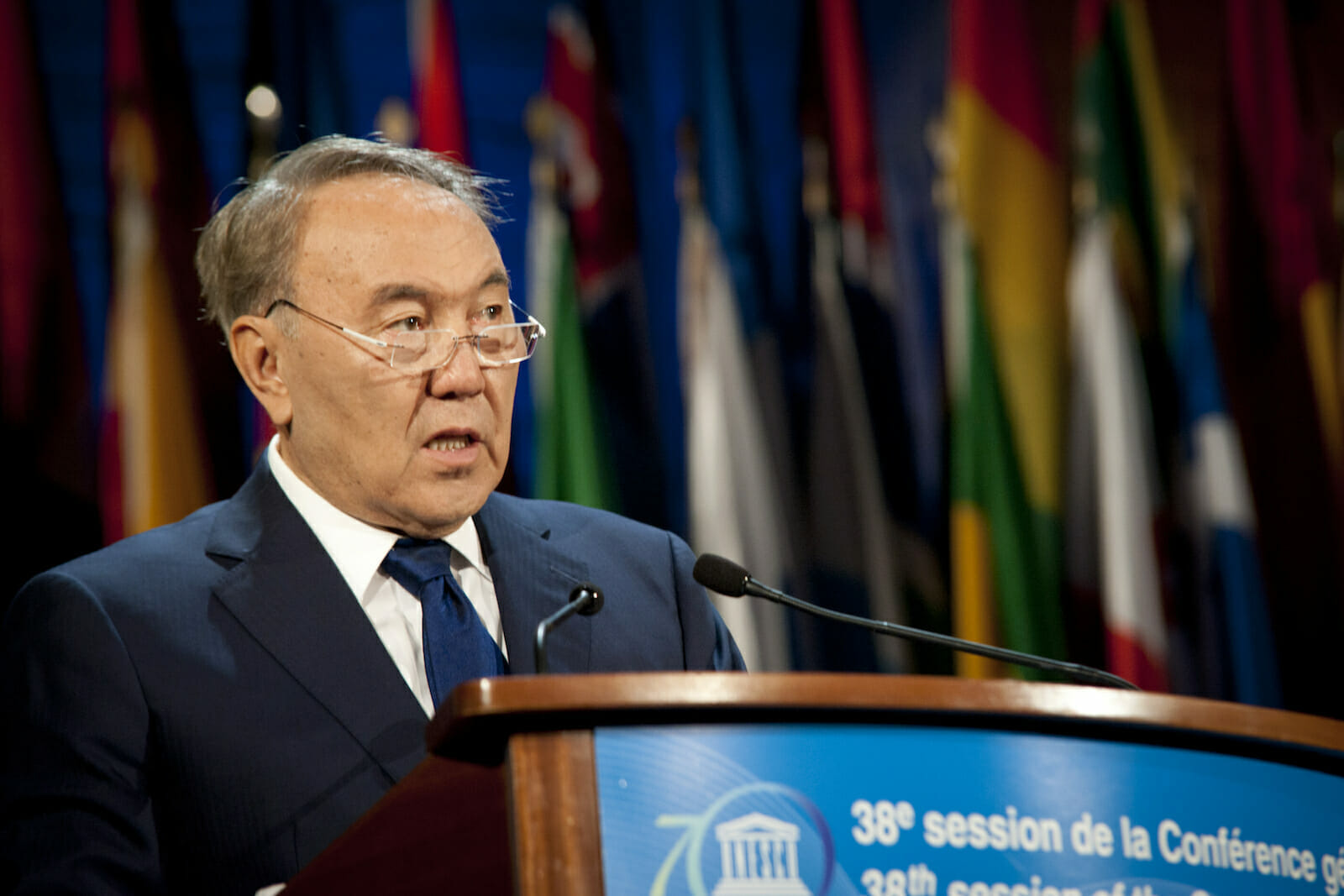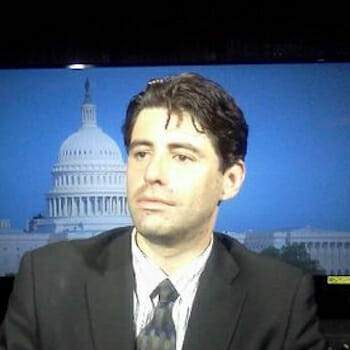
Happy Anniversary Kazakhstan: What Will the New Year Bring?
The Republic of Kazakhstan celebrated its 27th independence anniversary on December 16th. This past year has brought a number of significant foreign policy-related successes for the Central Asian state. Hence, it is mandatory for those of us that work on international affairs to monitor Astana in 2019 as it approaches three decades of independence.
Achievements Galore
Since the fall of the Soviet Union in 1991, the Kazakh government has carried out an ambitious policy not only to promote internal development and expand its international presence. Astana’s modus operandi is to achieve short-term goals and also carry out long-term strategies; this way of thinking has, without a doubt, helped the country gain a prominent status as a Central Asian regional power and an actor in its own right in global affairs. Case in point, the current goal is for Kazakhstan to become one of the world’s 30 most developed nations by 2050, which would help it gain membership to the Organization for Economic Cooperation and Development.
The country is also seeking to attract more extra-regional investors via the partial privatization of some of its more valuable state-run enterprises. For example, in mid-November, as many as 15 percent of shares belonging to Kazatomprom, the world’s biggest producer of uranium, were open for trade at the London Stock Exchange and the Astana International Financial Centre’s Astana Stock Exchange.
Trade with other nations reached interesting levels in recent years. For example, according to the US Trade Representative, “the U.S. trade balance with Kazakhstan shifted from a goods trade surplus of $380 million in 2016 to a goods trade deficit of $239 million in 2017.” Due to space considerations, we will not analyze this dramatic shift, but simply highlight this discrepancy and stress that bilateral trade relations should be closely monitored. On the other hand, trade with South Korea appears to be gaining momentum, as Kazakh Ambassador to the Republic of Korea, Bakyt Dyussenbayev, has declared that “we expect that the final figures for 12 months [for 2018] will approach $3 billion.” Similarly, the Eurasian Economic Union (EAEU), of which Kazakhstan is a member, finalized in December a temporary agreement on the formation of a free trade zone between the EUAU and Iran, which could help promote Kazakh trade with its Caspian Sea neighbor.
Finally, it is worth noting that Kazakhstan is the first ever Central Asian state to hold a non-permanent seat in the UN Security Council (2017-2018) and was the rotating president in January 2018. The country also holds important positions in other organizations, like for example the Collective Security Treaty Organization and the Cooperation Council of Turkic Speaking States, where Kazakh national Baghdad Amreyev is the current secretary general.
How will Kazakhstan’s Foreign Policy Look at 28?
As the Central Asian state begins its journey towards turning 28 years of age, there are a few initiatives to look forward to. One important development is that Kazakhstan has deployed 120 peacekeepers to the UN mission in Lebanon (UNIFIL), after receiving training via the U.S. Global Peace Operations Initiative (GPOI). The Kazakhstan Peacekeeping Company will operate under the command of the Indian Army’s JAT Infantry Battalion stationed there. Kazakhstan already participates in other UN missions but at a much lower scale, for example, it currently has deployed four experts on a mission to the UN mission in Western Sahara (MINURSO).
The UNIFIL deployment is a significant development as Kazakhstan has already made a name for itself in the mediation of conflicts – for example Kazakhstan held a round of peace talks over Iran’s nuclear program back in 2013; moreover, an agreement that may put an end to the Caspian Sea dispute was signed in the Kazakh city of Aktau this past August. Hence, Astana can now proclaim that it is not only trying to bring peace via negotiations but also by actively participating in UN peace missions. Should the Kazakh Peacekeeping Company perform professionally in Lebanon, this may set the tone for future Kazakh participation in other UN missions.
Additionally, while this is still a couple of years away, Kazakhstan will host the WTO’s Ministerial Conference from 8-11 June 2020. This is significant given the ongoing shifts in global commerce, such as the trade wars between global powers; the appearance of the Comprehensive and Progressive Agreement for Trans-Pacific Partnership (TPP-11 – the successor to the TPP sans the U.S.); the USMCA (the new NAFTA); figuring what European trade will look like if Brexit occurs; not to mention China’s Belt and Road Initiative, which will continue to expand in 2019. Given all these issues, the 2020 WTO meeting in Astana will be a forum where changing global trade will be discussed.
Education: Always a Pillar for Development
As mentioned in this author’s 8 October commentary, “Reforming Kazakhstan’s Education System and its Foreign Policy Implications,” the October 5th speech by President Nursultan Nazarbayev is a milestone in Kazakhstan’s educational sector. During his remarks, the Kazakh leader proclaimed that the Central Asian nation’s education system will be reformed, and “expenditures on education, science and healthcare [will be increased] from all sources up to 10% from the GDP within 5 years.” The country has a fairly good higher education system, including Nazarbayev University and the “Bolashak” program –which provides scholarships for Kazakh students to study abroad and then return to work in the country, like the Fulbright Program– however greater financial resources are always welcome. Around 11 thousand specialists have been educated in Western universities via Bolashak, including several senior Kazakh policymakers.
Adding to these programs is the goal of making the country a trilingual state: Kazakh, Russian and now English. During a December 11th speech at Georgetown University’s Center for Eurasian, Russian, and East European Studies, for an event titled “Future Calling: Infrastructure Development in Central Asia” the Kazakhstan ambassador to the US, Erzhan Kazykhanov, explained that the Kazakh government has changed the national alphabet from Cyrillic to Latin in order to facilitate learning computer science, and is also fomenting the teaching of English by training Kazakh teachers in rural areas and also bringing English-speakers to temporarily teach in Kazakh schools as well.
Increasing the budget of the education system, supporting the Bolashak program and furiously supporting English-education will be the pillars for the future of Kazakhstan, whether it plans to celebrate 27, 28 or 100-years of independence.
Final Thoughts: From Concerns to Promise
Kazakhstan, like the other post-Soviet republics, was in a complicated situation when it achieved independence back in the early 1990s when there was a general sense of pessimism towards the future. Even more, there was an ever-present possibility that the country could disintegrate even more à la USSR – there were precedents for this hypothesis, as a short-lived separatist war took place in Moldova in 1992, while Nagorno-Karabakh saw full-fledged violence that same year until 1994.
Kazakhstan has certainly bounced back from that troubling period. There are several outstanding issues that need to be addressed. However, this country has managed in record time to become Central Asia’s leader and is making a name for itself in global affairs.
The views expressed in this article are those of the author alone and do not necessarily reflect those of any institutions with which the author is associated.

